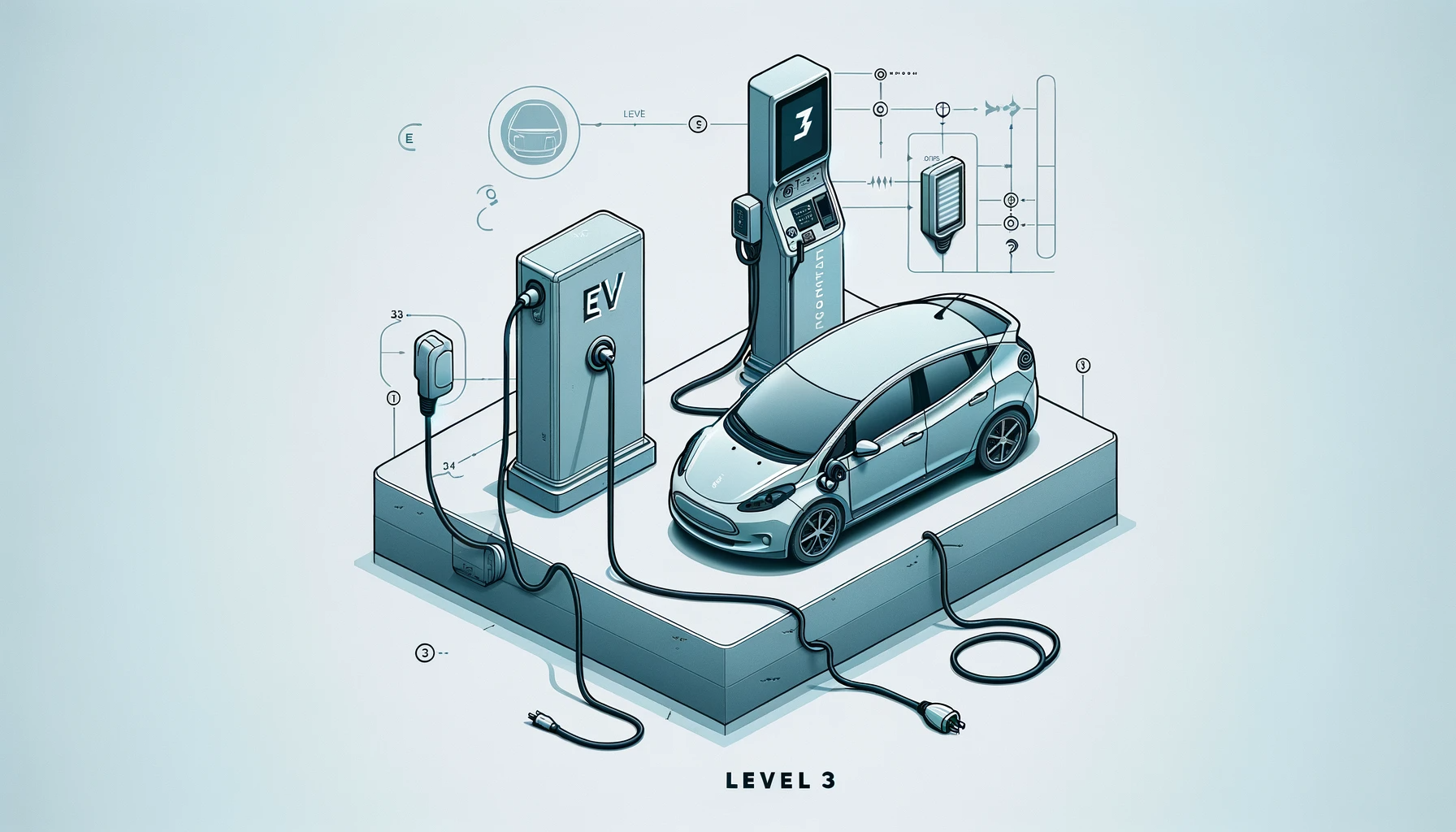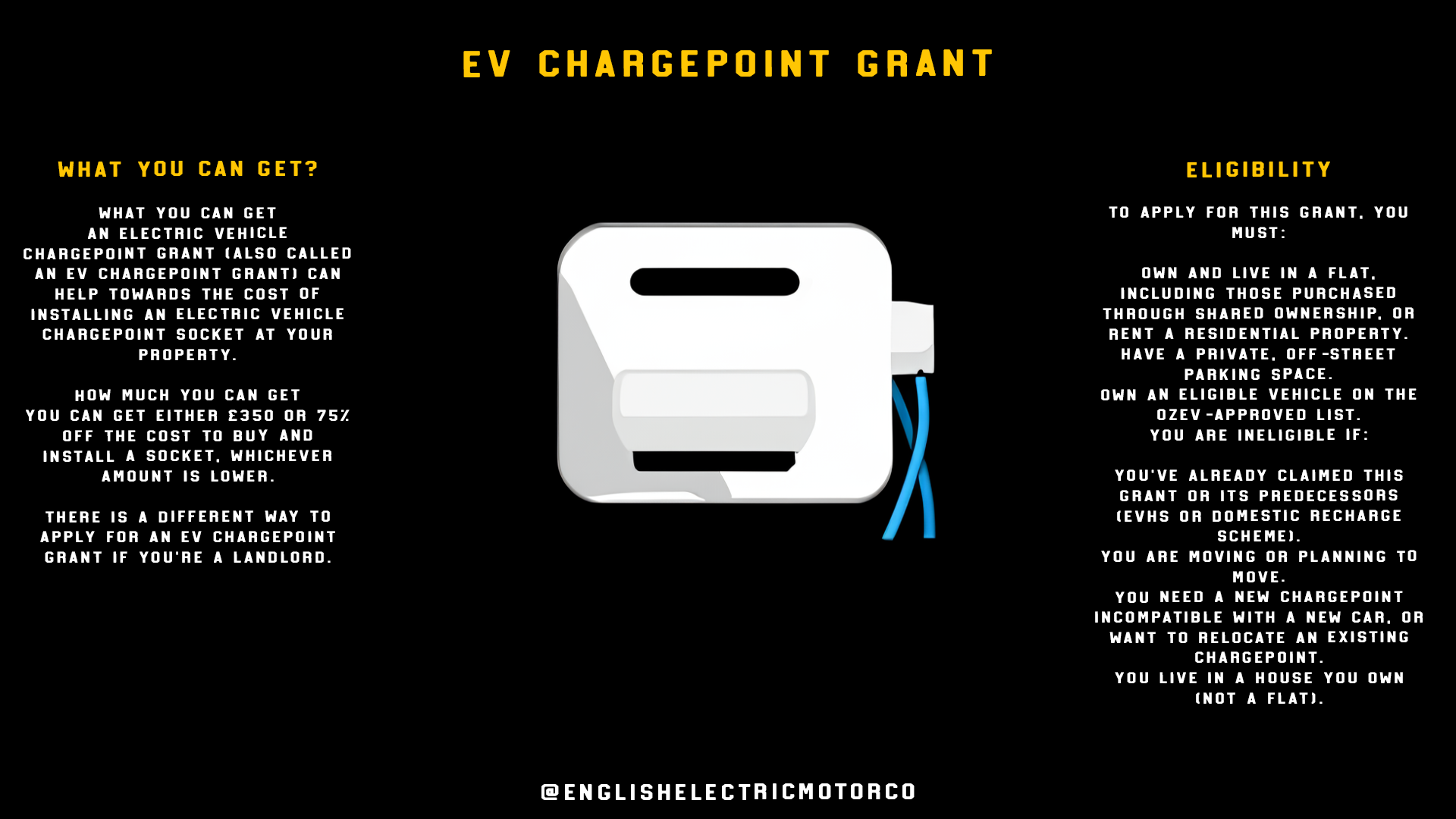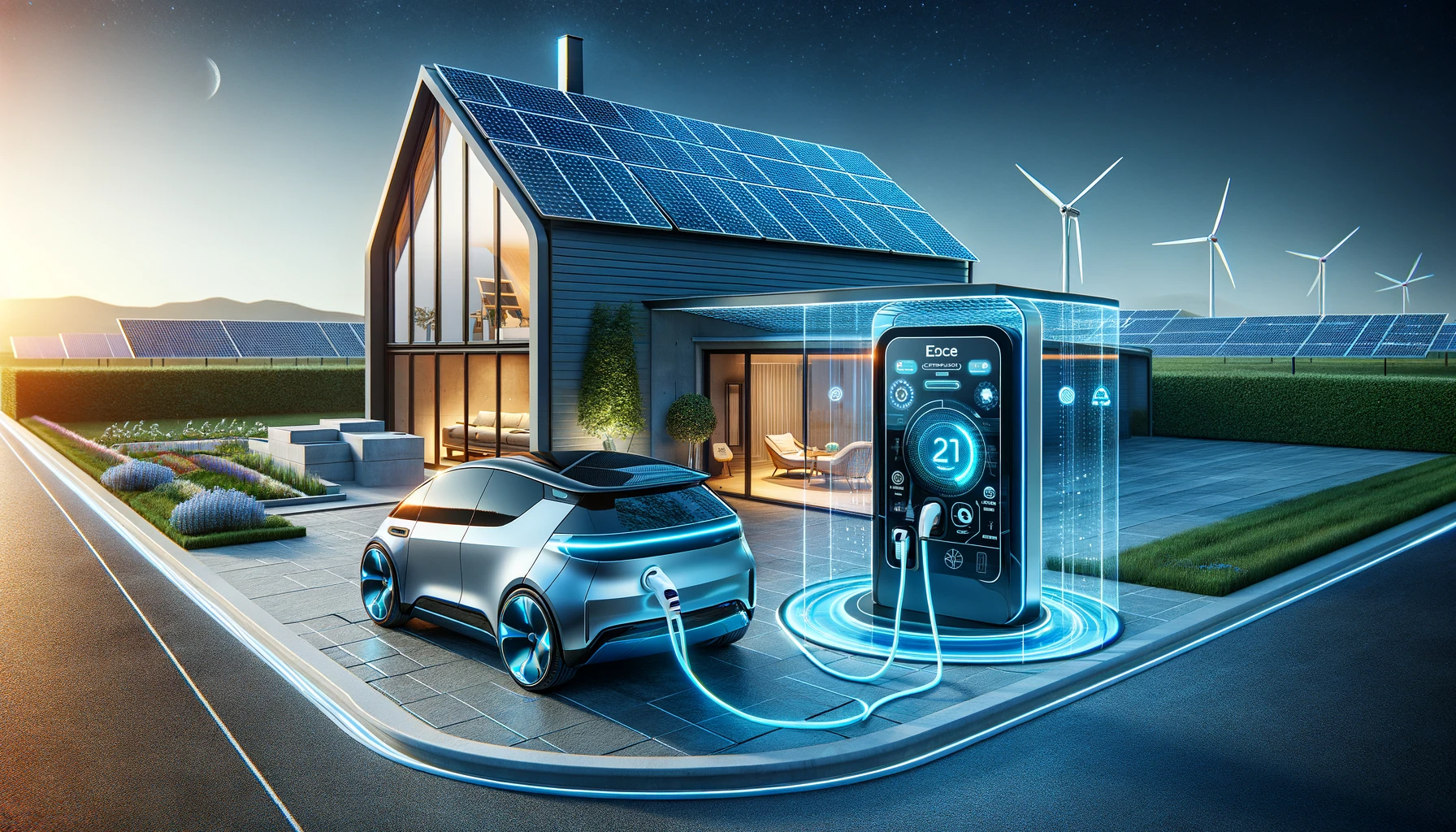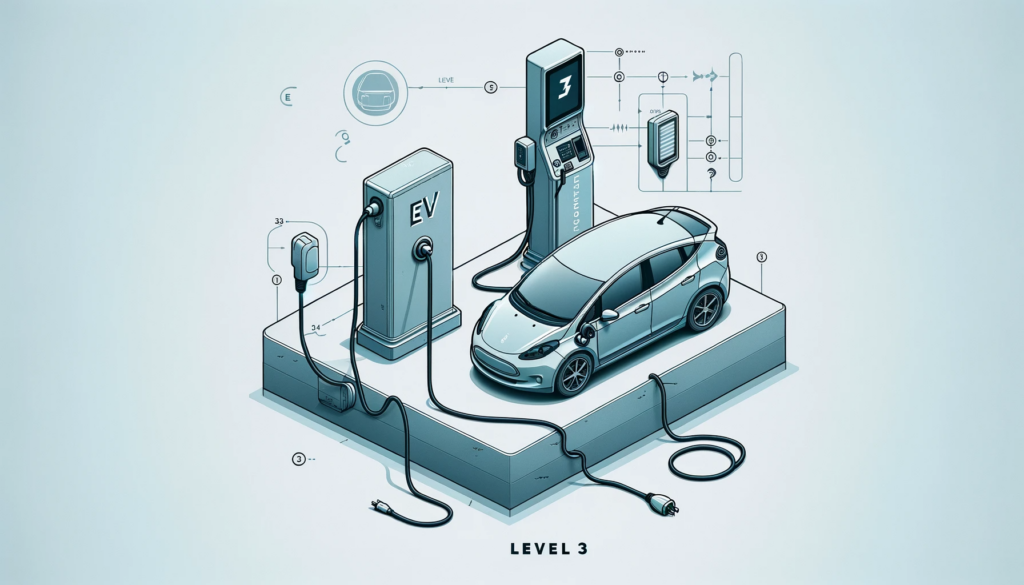Home charging of electric vehicles (EVs) is one of the most convenient and cost-effective ways to charge your EV. It allows you to charge your EV from the comfort of your home, without having to visit an EV charging station and allows riders and drivers to save money on fuel costs, and reduce their carbon footprint.
You will need to install a home charger, connect it to your car’s battery, and then plug it into a wall socket. That is a very simplistic view of how it works. There’s a bit more to it, so let’s talk it through.
Understanding the Costs: Home vs Public Charging
The cost of home charging an EV varies depending on a number of factors, including the type of charging point you use, the electricity tariff you are on, and the size of your EV battery.
In general, home charging is much cheaper than using public charging points. The average domestic electricity rate in the UK is about 32p per kWh, while the average cost of using a public charging point is around 70p per kWh. There is obviously a cost attached to installing a charging system at home, but in the long run, this will more than pay for itself.
If you have a home charging point, you can also save money by switching to a dual-rate electricity tariff. These tariffs offer lower rates for electricity used during off-peak hours, which is when you would typically charge your EV. Ask your electricity supplier for more info on this.
| Charge Rate | Cost |
| 3.2kwh (home) | +£0.07 per kwh* |
| 7.2kwh (Home)** | +£0.07 per kwh* |
| 7.2kwh-150kwh (public)*** | +£0.35 per kwh*** |
**Requires EV Home Charger Installation
***Charge rate and Price per kwh dependent on charger costs, using Zap Map you can find local chargers and costs.
Impact of Battery Size on Charging Costs
The size of your EV battery also affects the cost of home charging. A larger battery will take longer to charge and therefore cost more. However, even with a larger battery, home charging is still a much more cost-effective way to charge your EV than using public charging points.
Types of Home EV Chargers: Levels 1 to 3
There are three main types of electric home chargers:
Level 1 Chargers: The Basics
Level 1 is equivalent to 2.6kW, the power of a 3-pin socket. Charging with a 3-pin socket adds around 8 miles of range per hour.
Level 2 Chargers: More Power and Speed
Level 2 covers a wider power gamut at home, up to 7.4kW with a single-phase power supply and 11kW with a 3-phase power supply.
Level 3 Chargers: Fastest Charging Solution
Level 3 chargers are the fastest type of charger and can provide up to 50 kW of electricity. They are ideal for short-stop locations like service stations and fleet depots.

EV ChargePoint Grant: Supporting the Shift to Electric
The UK government offers grants to support the use of electric and hybrid vehicles. The EV ChargePoint grant provides funding of up to 75% towards the cost of installing electric vehicle smart chargepoints at domestic properties across the UK.

The Future of Home Vehicle Charging
The future of vehicle charging at home looks promising, as more and more people are adopting electric vehicles and the infrastructure for home charging is rapidly expanding.



